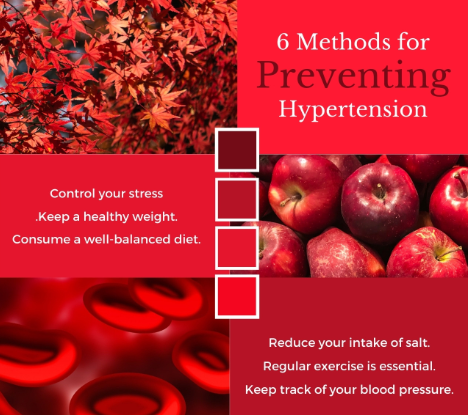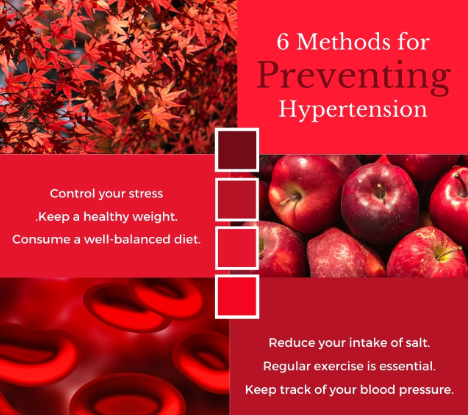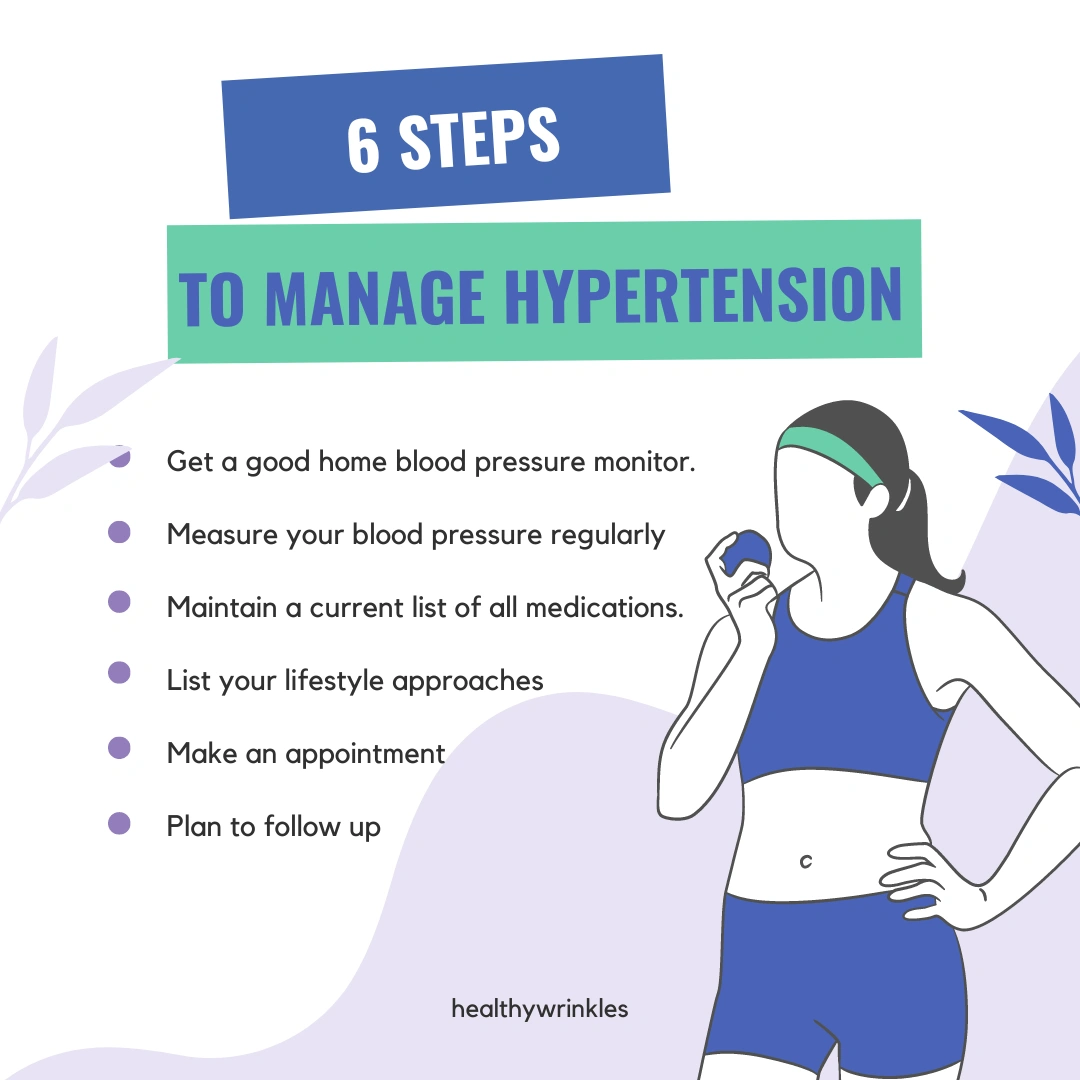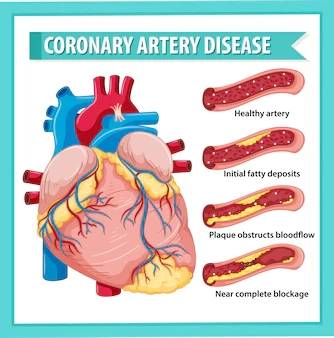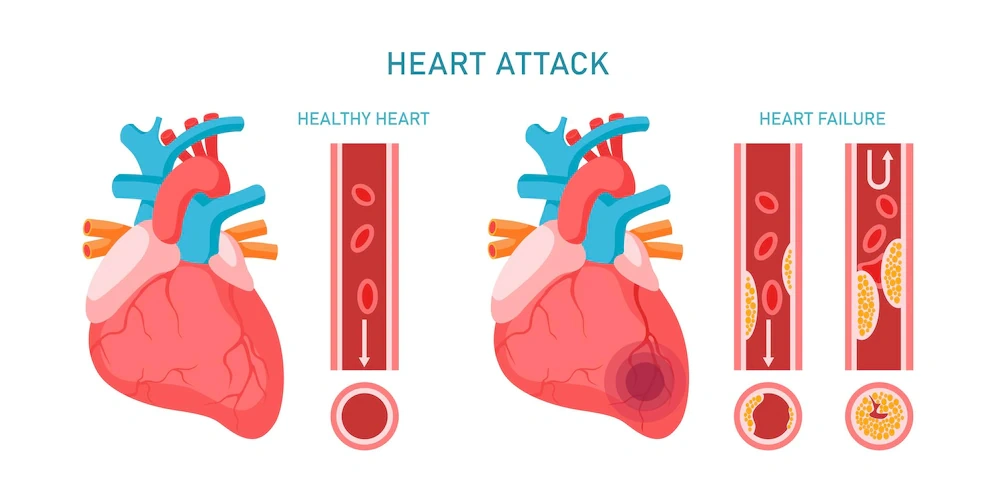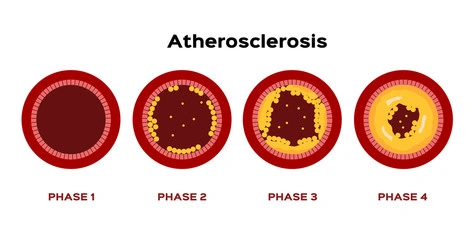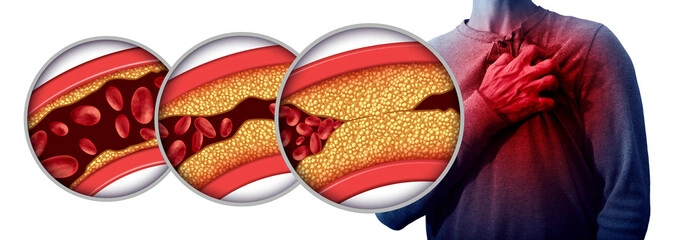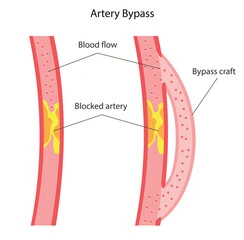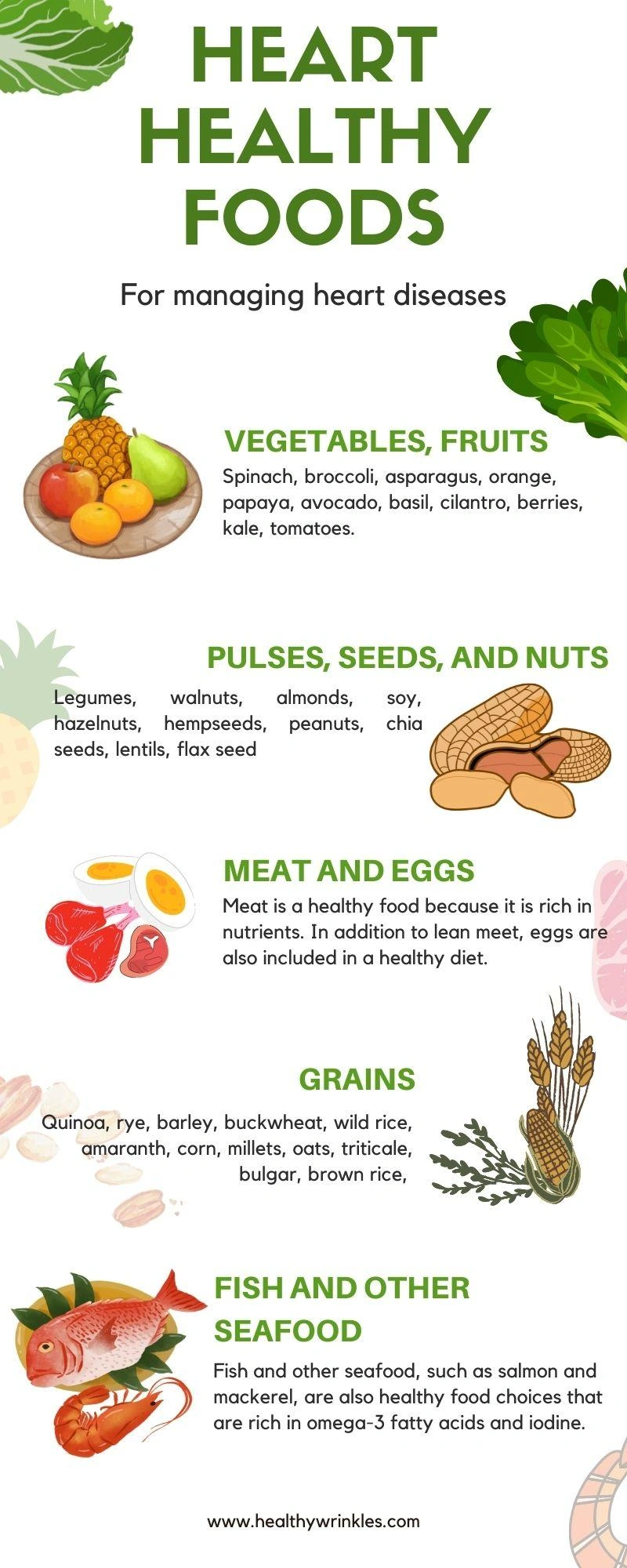Healthy diet for managing CAD
01-10-24
If you suffer coronary artery disease, your kitchen may hold the key to treating your condition. One of the most crucial actions you can do for healthier arteries is to adhere to a particular diet for coronary artery disease.
Effect of Diet on Your Arteries
When fatty deposits, known as plaque, accumulate in the arteries, the condition known as coronary artery disease (CAD) results. Because of this, the blood flow to the heart and brain is restricted. In some instances, these deposits could eventually completely obstruct the artery, causing a heart attack or stroke. Because dangerous low-density lipoprotein (LDL) cholesterol makes up the majority of plaque, a diet that lowers LDL cholesterol levels can stop plaque from growing further.
The Troublemakers to Stay Away From
Avoiding foods that raise LDL cholesterol, namely those high in saturated fat, such as red meat, coconut oil, butter, cheese, and whole milk, is the first rule of a healthy diet for coronary artery disease. You should also avoid items like French fries, doughnuts, creamer, and stick margarine that contains trans fats, which raise cholesterol.
The All-Stars of Diet
The ideal diet for preventing coronary artery disease involves more than just limiting particular foods. Additionally, consuming more of the nutrients that can strengthen arteries is important. Here is a list of the key players in finding the ideal balance in your diet.
●Oats
Oats are a good source of beta-glucan, a fiber that prevents your digestive tract from absorbing cholesterol. It has been demonstrated that consuming 1.5 cups of oats daily will reduce cholesterol levels by 5 to 8%. Save it for more than just breakfast.
●Beans
In two ways, beans protect the health of your arteries. Beans lessen the amount of cholesterol your body absorbs from your diet, similar to oats. And if that weren't enough, their strong antioxidants maintain the health of your arteries. Aim for four to five servings of half a cup a week. Make canola and olive oil your go-to cooking oils. Although they are naturally high in heart-healthy unsaturated fats, they are low in saturated and trans fats.
●Nuts
Whether they are almonds, pistachios, walnuts, or pecans, nuts are good for your blood vessels because they contain arginine, an amino acid that keeps blood vessels flexible and relaxed, promoting free circulation of blood throughout your body. Perhaps this explains why research indicated that those who snack on nuts occasionally are 30 to 50% less likely to get a heart attack or heart disease. Grab a few handfuls as a crispy substitute for crackers or chips.
●Fish
Fish is a high source of omega-3 fats, which are thought to inhibit the development of plaque. Omega-3 fatty acids are found in practically all fish, but they are particularly prevalent in fatty species like salmon, anchovies, and white fish.
Maintaining healthy body weight, exercising frequently, and finding time to unwind all contribute to treating coronary artery disease in addition to a heart-friendly diet.



